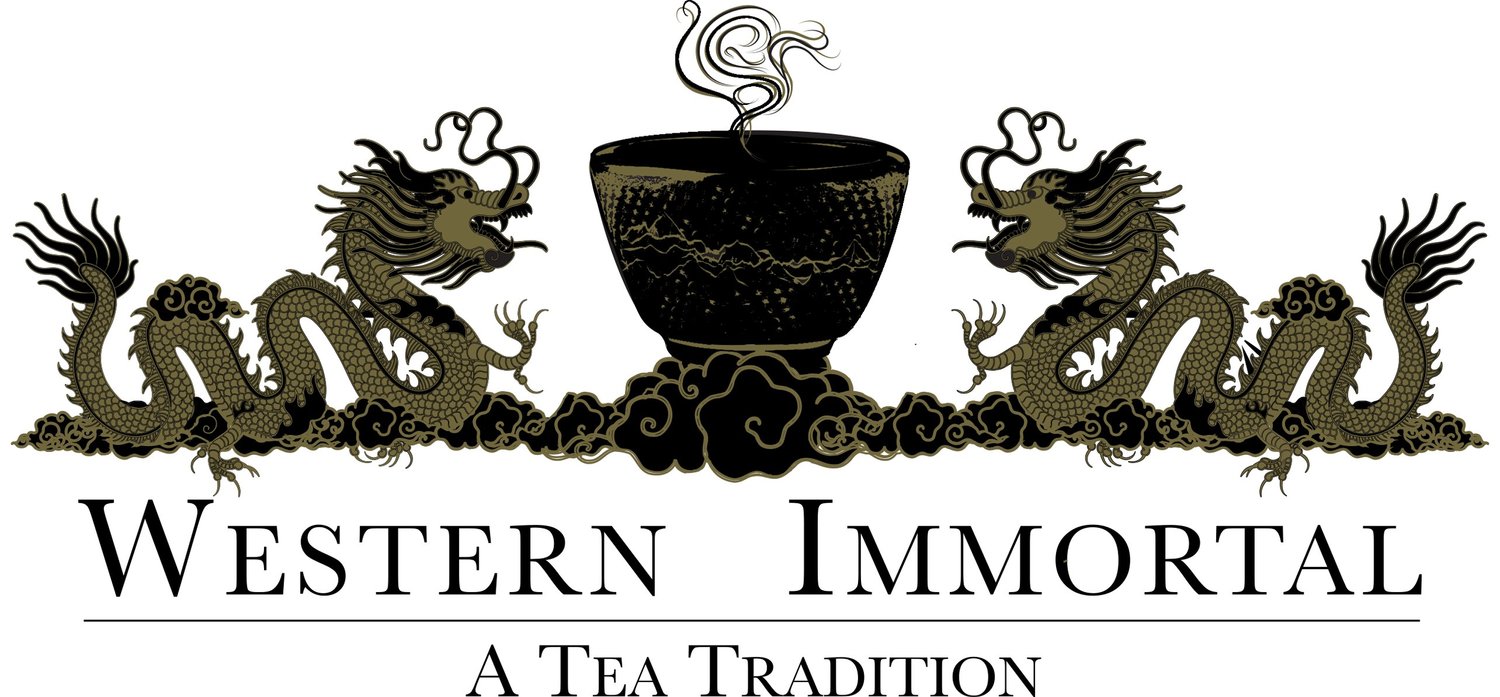The Old Tea Seller
An Introduction to Baisaō‘Portrait of Baisaō’,
by his friend, Ito Jakuchū
The revered old poet was known by many names, but Baisaō (1675–1763), which means “old tea seller,” was the most popular. Having been a Japanese Buddhist monk of the Obaku school since the age of 9, at 49 he left the temple life behind to sell tea in Kyoto. He became famous for traveling around Kyoto selling his tea and later, also for his poetry.
At a time when matcha (powdered tea) was at its height in Japan, in contrast Baisaō brewed sencha, fresh tea leaves, in his pot. The Obaku school he was trained in admired the simplicity and “carefree” attitude of ancient sages in China, not caring for the rigid formalism of the matcha tea ceremony. Baisaō embodied this spirit through his life, his tea, and his poetry.
He wrote the following well-known selections after he had moved to the eastern side of the Narabi Hills on the outskirts of Higashiyama, both within the same year.
Three Verses on a Tea-Selling Life
I’m not Buddhist or Taoist
not Confucianist either
I’m a brownfaced whitehaired
hard-up old man.
people think I just prowl
the streets peddling tea,
I’ve got the whole universe
in this tea caddy of mine.
Left home at ten
turned from the world
here I am in my dotage
a layman once again;
A black bat of a man
(It makes me smile myself)
but still the old tea seller
I always was.
Seventy years of Zen
got me nowhere at all
shed my black robe
became a shaggy crank.
now I have no business
with sacred or profane
just simmer tea for folks
and hold starvation back.
Impromptu
Took a shack by the Narabi Hills
western fringe of the city
I come and go when I please
taking whatever life brings
boiling clear water in the pot
kindling the pine cone fire
summoning customers to the shop
for a cup of my humble tea;
it’s a plain and simple life
like those clouds in the sky
hidden deep in the shadow
of a thousand green bamboos
the food I need is provided
by means of a bamboo tube
the earnings of a lifetime
measured in cups of tea;
since Yu-Ch’uan’s “fish eyes”
roused me from my slumber
I’ve had no need to ramble off
to Huang-t’i’s land of dreams,
People have little idea how poor I really am
think I’m a strange old coot
enjoying a hermit’s peace.
* Yu-Ch’uan refers to a common name for the “tea immortal” Lu T’ung. The term “Fish eyes” is often used in historical tea literature to describe the way boiling water should look in the kettle. The legendary Chinese emperor Huang-t’i famously dreamed he visited a heavenly land whose people lived in a state of perfect bliss.
Baisaō with his portable tea stand, as depicted in a gently comical caricature painting of the late 19th–early 20th century
Translation By Norman Waddell
Sources:
This is mostly (and respectfully) adapted with respect from
‘Baisaō’, Norman Waddel
by Dr. Niko Olympiadis


